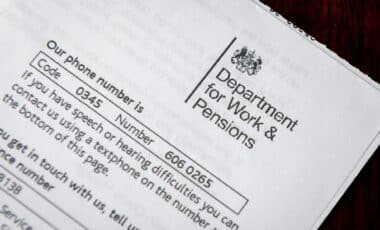The UK’s social care system is facing unprecedented strain as rising costs and growing demand push many providers to the brink of closure. Industry leaders warn that without urgent government action, vulnerable individuals could lose access to essential services.
Thousands of care providers and those reliant on care services are preparing to protest in central London, urging the government to increase support for the struggling sector.
A coalition of care organisations has warned that the planned rise in National Insurance contributions and the increase in the national minimum wage could force some providers out of business.
Funding Pressures Threaten Care Providers
The social care sector, which employs nearly two million workers and supports more than 1.2 million people, is grappling with the financial impact of new government policies.
According to The Nuffield Trust, the rise in National Insurance contributions, set to take effect in April, could cost the sector an additional £2.8 billion annually.
The government has announced a £600 million funding package to support social care, but industry leaders argue this will be insufficient. Nadra Ahmed, chair of the National Care Association, said the sector is at a “watershed moment” due to a lack of investment.
“It is inconceivable that politicians fail to understand that a lack of investment will impact heavily on both the NHS and local government,” she stated.
Most care providers operate under fixed pricing structures set by local councils, making it difficult to absorb rising costs. Jane Jones, owner of Applewood Support, a homecare provider in Warwickshire, estimated that her business will face an additional £6,000 in monthly costs due to the National Insurance increase.
“We’ve had to make cuts in the office. We’ve got rid of two personnel because we just can’t afford it,” she told Sky News.
Calls for Urgent Reform
Amid mounting pressure, the government has outlined plans for social care reform, including the establishment of a National Care Service to align care provision more closely with the NHS.
Health and Social Care Secretary Wes Streeting has announced the formation of an independent commission, led by Baroness Louise Casey, to develop comprehensive proposals for funding and organising social care.
However, sector leaders remain sceptical. Mike Padgham, chair of The Independent Care Group, urged Chancellor Rachel Reeves to reconsider the National Insurance increase for care providers, similar to exemptions granted to the NHS. “We have suffered for more than 30 years and enough is enough,” he said.
The crisis is already affecting individuals reliant on social care. Paul Banbury, 77, cares for his wife Sheila, who has Alzheimer’s disease, with support from Applewood. He fears that without home care services, Sheila would have to move into a care home. “We want to be able to stay together in our home,” he said.









